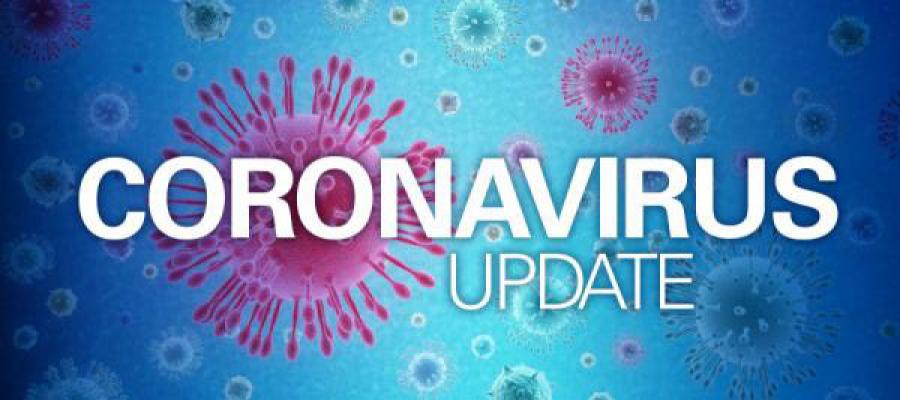At AHA Press Briefing, Hospitals Describe Dire Need for More Federal Funding to Fight Pandemic and Care for Patients and Communities

At an AHA press briefing today, hospital and health system leaders from across the country described the urgent need for federal aid to ensure that frontline medical personnel have the tools and resources they need to effectively respond to the COVID-19 crisis.
“We’ve already seen facilities facing shortages of needed equipment and high expenses in providing critical care and this hurts our country’s ability to respond,” said AHA President and CEO Rick Pollack. “…The reality is that we are in a war in which hospitals and health systems are on the frontlines and our health care workers are putting their lives on the line to fight this battle … No one ever sends their troops into battle without the right protection and ammunition and tools.”
The AHA, American Medical Association and American Nurses Association Thursday urged congressional leaders to provide $100 billion to front line health care personnel and providers and direct federal agencies to infuse funds immediately so they can take the necessary steps to fight the pandemic.
Pollack also emphasized the need for having enough tests and getting the test results as quickly as possible in order to have a more accurate picture of the infection rate.
“Ensuring the safety of the patients, protecting health care workers and supporting the health and safety of our community is what we’re all about, and it requires every part of the health care sector to work together, from those on the front lines to the federal, state and local government,” Pollack said. “Equipped with the right tools, guidance and resources we will do our very best to protect lives and keep people healthy.”
Scott Graham, CEO of Three Rivers and North Valley Hospitals in rural Washington state said, “We’re trying to figure out how to stay in business.” Because of the mandates for social distancing and state’s cancellation of elective surgeries, he said “the revenue that typically comes in that we need to cover the cost of operating has dried up. …we are now in a negative cash position and are using credit. We will exhaust all avenues to make payroll in the next three or four weeks.”
Even before the COVID-19 crisis, One Brooklyn Health System in New York was relying on more than $20 million a month in support from New York State to keep its safety net hospitals open, said LaRay Brown, its president and CEO. “We had less than two weeks cash on hand before COVID-19,” she said. “We are now looking at an additional cost of $30-$34 million a month from projected staff increases to cover surge capacity” and replace staff who are on furlough, self-isolating or must care for their children while city schools are closed.
Kevin Donovan, president and CEO of LRGHealthcare in central New Hampshire, projects his health system’s freeze on elective services during the public health crisis will cost at least $50 million. “Prior to this crisis, much like my colleagues, we were in extremely poor financial condition,” he said, with “only a handful of cash on hand” and no debt capacity to borrow money.
“I think these stories are reflective of the experiences of thousands of hospitals across the country,” Pollack said. “That’s why the legislation being considered on the Hill right now is so important in terms of providing needed support.”

